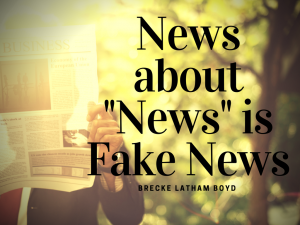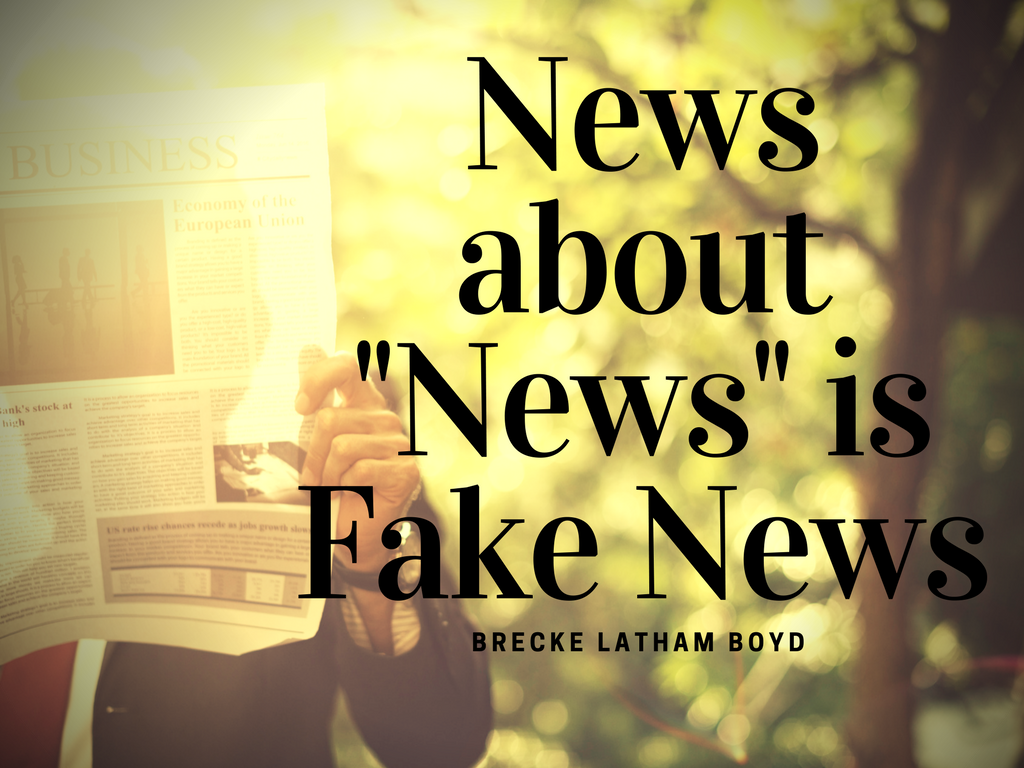 Poor lexicographers woke up to a wildfire the other day as teens had tweeted and retweeted thousands of times a thoroughly incorrect definition of a word.
Poor lexicographers woke up to a wildfire the other day as teens had tweeted and retweeted thousands of times a thoroughly incorrect definition of a word.
In early June, Twitter user @asteinmetz_21 tweeted that he’d “discovered” that the word “News” was in fact an acronym for “Notable Events, Weather, and Sports.” Within the day, the tweet had garnered nearly 30,000 engagements from other users, who now felt more informed about the origin of such a common word.
Kory Stamper, one of the editors for Merriam Webster, stepped up to try to restore some order to the dumpster fire that had torn through twitter. The Merriam Webster account tweeted not only the definition of the word, but also its etymology, dating from the 1450s, having nothing to do with an acronym whatsoever. Stamper noted that it’s rare for acronyms to become words and that this “news” incident wasn’t the first time someone falsely accused a word of being a distilled acronym.
Other users fact-checked the claim made in the tweet and discovered within seconds that “news” was not, in fact, an acronym for anything. Some refuted the tweet plainly with screenshots of their google searches, while others mocked the original tweet with equally false acronyms for what “news” stands for. In time, the fervor quieted down, but there’s still a lot of people out there who think that the word “news” is an acronym.
So what do you do when you have a catchy runaway story with no truth to it whatsoever?
The truth of the matter is, there’s precious little to be done on a large scale, but on a small scale, there’s lots of little fires you can smolder yourself.
Firstly, if there’s some grand new discovery about the origin of a word, not matter how cool or plausible it may be, google it before you retweet it. Stories like this only gain popularity because not enough people bothered to fact-check. According to Daniel Levitin, it’s important to corroborate the story against what others are saying — if you can only find one source writing about an incident or a discovery, it could easily be fully false or a wildly exaggerated version of what happened. In this instance, this mind-blowing fact came from an unverified twitter account, and a little digging will reveal that the owner of the handle is not a licensed lexicologist.
Secondly, if you see your friends retweeting that information, draw their attention to all the aforementioned info. As was made clear in Katy Perry’s recent life stream with activist Deray McKesson, public shaming is nowhere near as effective as a private conversation. Direct Message or call your friend to talk about why they retweeted fake news and how they can immunize themselves from the epidemic.
No one person can stop the spread of this nonsense, but a lot of people “vaccinating” their friends will help keep it contained.
